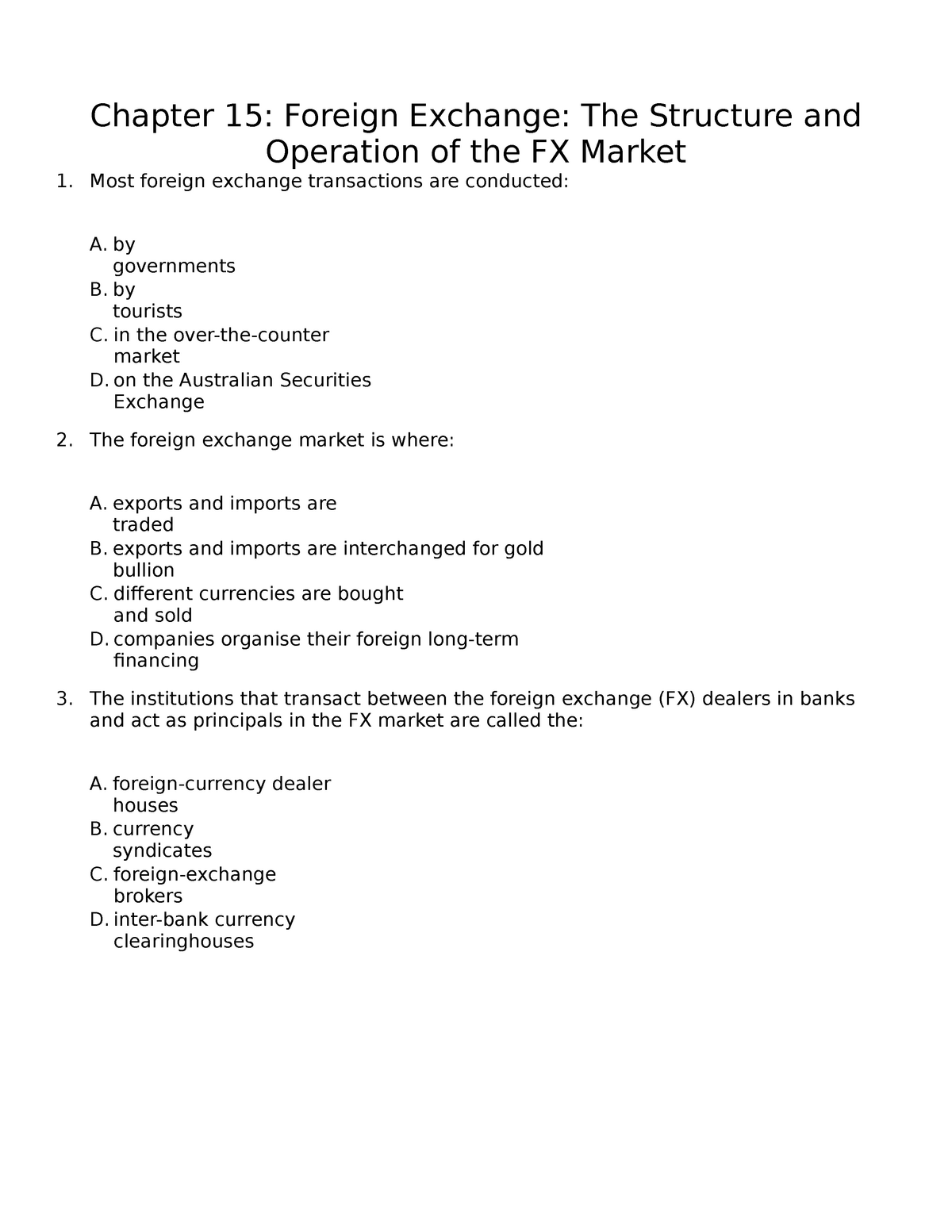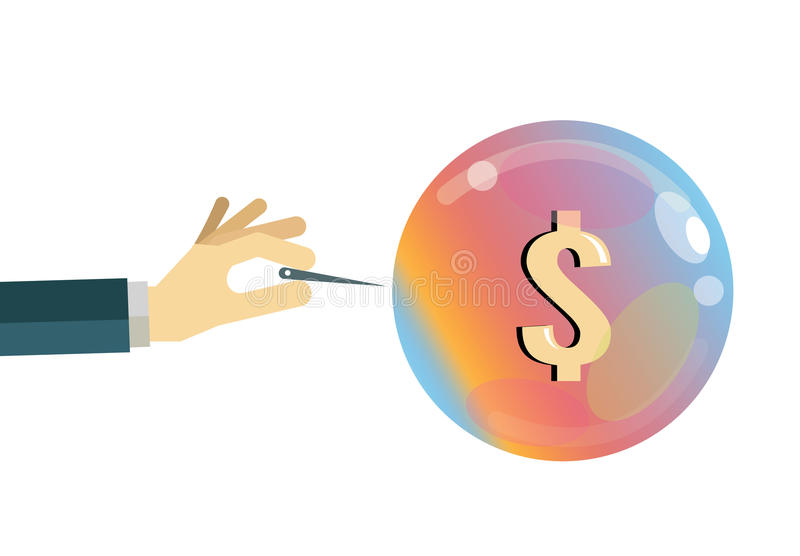
Nathan Strik, the co-manager of the reit fidelity fund, has helped the fund raise Rs 1,125 crore. Funds are expected to redeem redemption proceeds in cash. The funds can usually satisfy redemption requests using cash available or by selling portfolio security. They can borrow from another fund or financial institution using reverse repurchase arrangements in certain situations. These transactions can be made during normal market conditions. These transactions can lead to unintended consequences like a limitation on the cash that Funds may borrow.
reit fidelity raises Rs 1,125 crore
Mindspace Business Parks REIT, a real-estate investment trust, is supported by Blackstone and K Raheja Corp. The company intends to raise Rs 4,500crore through a public issue as well as fresh issuances. The company has already received Rs 1,125 million at Rs.275 per share. It plans to then sell the remaining shares to strategic investor. It is expected that the public issue will begin on July 27,

Nathan Strik serves as co-manager
Nathan Strik, who is responsible for managing other funds since August 2018, was one of the fund's co-managers. Nathan Strik joined Fidelity Investments as a portfolio manager in 2002. He also has experience in research and portfolio management. The fund's statement provides additional information that includes his compensation, any other accounts he managed, and the shares he owns. The statement also includes information about the fund's investment goals, risk factors and performance measures.
Funds pay cash redemption proceeds
Redeemment proceeds from mutual funds are often paid in cash, rather than in securities. Some funds offer the option of redeeming by bank wire. Before requesting a wire redemption, investors will need to provide information about the bank account they have 30 days prior. The process takes about two days. The funds are sent to your account the next day after the request is processed. Dividends or capital gains are paid on a regular basis. You can either receive them by bank wire transfer or check. Automatic deposits to your local bank account are also available.
Funds may borrow money from other funds
Reit fidelity funds may borrow from other fund companies in order to make investments in real estate. The investment is not as liquid as the underlying securities. They are also not available for trading on a public exchange, and may have a longer settlement period. Because of these risks, these funds are best for investors with a long time horizon. Investors must also understand the risks of borrowing money from other sources.

Funds might use reverse repurchase agreement
Reverse-repurchase agreements are a type or financial contract where one party agrees that it will purchase a security in the future at a particular price. The collateral must have a value equal to or greater than the fair value of cash that was used to purchase the security at the date of the agreement. These agreements can be unilateral or centrally cleared. Funds may use reverse repurchase agreements to mitigate their credit risk.
FAQ
How are shares prices determined?
Investors set the share price because they want to earn a return on their investment. They want to make profits from the company. So they buy shares at a certain price. If the share price increases, the investor makes more money. If the share value falls, the investor loses his money.
An investor's primary goal is to make money. This is why they invest. This allows them to make a lot of money.
What is security at the stock market and what does it mean?
Security is an asset that produces income for its owner. Shares in companies is the most common form of security.
There are many types of securities that a company can issue, such as common stocks, preferred stocks and bonds.
The earnings per shared (EPS) as well dividends paid determine the value of the share.
A share is a piece of the business that you own and you have a claim to future profits. You will receive money from the business if it pays dividends.
Your shares may be sold at anytime.
Why are marketable Securities Important?
An investment company exists to generate income for investors. This is done by investing in different types of financial instruments, such as bonds and stocks. These securities offer investors attractive characteristics. They are considered safe because they are backed 100% by the issuer's faith and credit, they pay dividends or interest, offer growth potential, or they have tax advantages.
What security is considered "marketable" is the most important characteristic. This refers to the ease with which the security is traded on the stock market. It is not possible to buy or sell securities that are not marketable. You must obtain them through a broker who charges you a commission.
Marketable securities include government and corporate bonds, preferred stocks, common stocks, convertible debentures, unit trusts, real estate investment trusts, money market funds, and exchange-traded funds.
These securities are preferred by investment companies as they offer higher returns than more risky securities such as equities (shares).
What are some advantages of owning stocks?
Stocks are more volatile that bonds. When a company goes bankrupt, the value of its shares will fall dramatically.
The share price can rise if a company expands.
In order to raise capital, companies usually issue new shares. This allows investors to buy more shares in the company.
Companies use debt finance to borrow money. This allows them to get cheap credit that will allow them to grow faster.
A company that makes a good product is more likely to be bought by people. The stock will become more expensive as there is more demand.
As long as the company continues to produce products that people want, then the stock price should continue to increase.
Stock marketable security or not?
Stock can be used to invest in company shares. This is done through a brokerage that sells stocks and bonds.
You can also invest in mutual funds or individual stocks. There are more than 50 000 mutual fund options.
The main difference between these two methods is the way you make money. Direct investment is where you receive income from dividends, while stock trading allows you to trade stocks and bonds for profit.
Both of these cases are a purchase of ownership in a business. But, you can become a shareholder by purchasing a portion of a company. This allows you to receive dividends according to how much the company makes.
Stock trading is a way to make money. You can either short-sell (borrow) stock shares and hope the price drops below what you paid, or you could hold the shares and hope the value rises.
There are three types for stock trades. They are called, put and exchange-traded. Call and put options allow you to purchase or sell a stock at a fixed price within a time limit. ETFs, which track a collection of stocks, are very similar to mutual funds.
Stock trading is very popular as it allows investors to take part in the company's growth without being involved with day-to-day operations.
Stock trading can be a difficult job that requires extensive planning and study. However, it can bring you great returns if done well. To pursue this career, you will need to be familiar with the basics in finance, accounting, economics, and other financial concepts.
Why is a stock called security.
Security refers to an investment instrument whose price is dependent on another company. It could be issued by a corporation, government, or other entity (e.g. prefer stocks). The issuer promises to pay dividends to shareholders, repay debt obligations to creditors, or return capital to investors if the underlying asset declines in value.
Can bonds be traded
Yes, they are. They can be traded on the same exchanges as shares. They have been doing so for many decades.
You cannot purchase a bond directly through an issuer. They must be purchased through a broker.
It is much easier to buy bonds because there are no intermediaries. This also means that if you want to sell a bond, you must find someone willing to buy it from you.
There are many kinds of bonds. Different bonds pay different interest rates.
Some pay quarterly, while others pay interest each year. These differences make it easy compare bonds.
Bonds are a great way to invest money. You would get 0.75% interest annually if you invested PS10,000 in savings. This amount would yield 12.5% annually if it were invested in a 10-year bond.
If you put all these investments into one portfolio, then your total return over ten-years would be higher using bond investment.
Statistics
- "If all of your money's in one stock, you could potentially lose 50% of it overnight," Moore says. (nerdwallet.com)
- Even if you find talent for trading stocks, allocating more than 10% of your portfolio to an individual stock can expose your savings to too much volatility. (nerdwallet.com)
- Ratchet down that 10% if you don't yet have a healthy emergency fund and 10% to 15% of your income funneled into a retirement savings account. (nerdwallet.com)
- US resident who opens a new IBKR Pro individual or joint account receives a 0.25% rate reduction on margin loans. (nerdwallet.com)
External Links
How To
How to create a trading plan
A trading plan helps you manage your money effectively. It will help you determine how much money is available and your goals.
Before you start a trading strategy, think about what you are trying to accomplish. You may want to save money or earn interest. Or, you might just wish to spend less. If you're saving money, you might decide to invest in shares or bonds. If you are earning interest, you might put some in a savings or buy a property. Perhaps you would like to travel or buy something nicer if you have less money.
Once you know what you want to do with your money, you'll need to work out how much you have to start with. This depends on where you live and whether you have any debts or loans. It is also important to calculate how much you earn each week (or month). Your income is the amount you earn after taxes.
Next, you need to make sure that you have enough money to cover your expenses. These expenses include bills, rent and food as well as travel costs. Your monthly spending includes all these items.
You will need to calculate how much money you have left at the end each month. This is your net available income.
You now have all the information you need to make the most of your money.
You can download one from the internet to get started with a basic trading plan. You could also ask someone who is familiar with investing to guide you in building one.
Here's an example: This simple spreadsheet can be opened in Microsoft Excel.
This will show all of your income and expenses so far. It also includes your current bank balance as well as your investment portfolio.
And here's another example. This was created by a financial advisor.
It shows you how to calculate the amount of risk you can afford to take.
Remember: don't try to predict the future. Instead, think about how you can make your money work for you today.